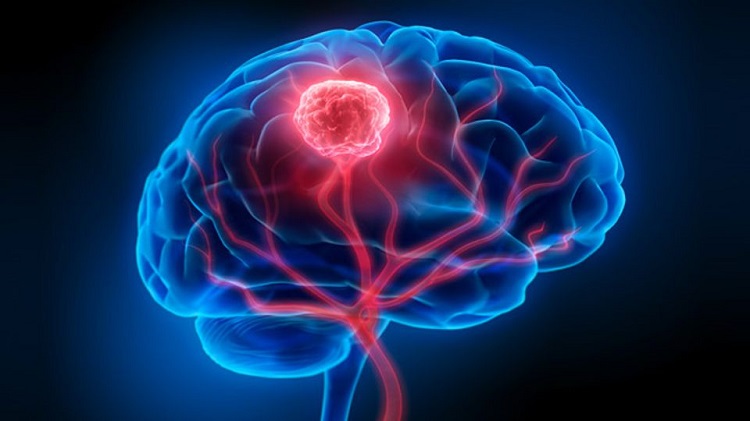
Michigan: For the first time, researchers discovered a potential drug candidate that improved outcomes for patients suffering from a type of childhood brain tumour that has no effective treatment.
When compared to previous patients, the compound, called ONC201, nearly doubled survival for patients with diffuse midline glioma (DMG) or diffuse intrinsic pontine glioma (DIPG).
The findings are reported by an international team of researcher led by the University of Michigan Health Rogel Cancer Center and the Chad Carr Pediatric Brain Tumor Center.
In addition to reporting on the results of two early stage clinical trials, the paper reveals the underlying mechanisms behind the compound’s success in these tumors.
The paper is published in Cancer Discovery, a journal of the American Association for Cancer Research.
Diffuse midline gliomas including DIPG with a mutation called H3K27M are particularly aggressive, with an overall survival rate of 11-15 months.
These tumors are most frequently found in children and young adults.
The only available treatment is radiation, and even that is difficult as the tumors are located amid brain regions with critical functions.
“It’s an incredibly difficult tumor to treat,” said senior author Carl Koschmann, M.D., associate professor of pediatric neuro-oncology and clinical scientific director of the Chad Carr Pediatric Brain Tumor Center at Michigan Medicine. “Prior to this study, there have been more than 250 clinical trials that have not been able to improve outcomes. This is a major crack in the armor.”
In two clinical trials testing ONC201 in a total of 71 patients with H3K27M-mutated diffuse midline gliomas, the median overall survival was nearly 22 months for tumors that had not recurred at the time of enrollment. Almost a third of the patients lived longer than two years.
ONC201 took an unusual path to a clinical trial.
Initially designed to target dopamine receptors, which are upregulated in many different tumors, researchers saw that the drug passes the blood-brain barrier, one of the biggest challenges to designing drugs for brain tumors.
Initial trials in glioblastoma were not successful, but a small number of patients with DMG that carried the H3K27M mutation had more promising results.
Without understanding why it worked better in these patients, a phase 1 trial was started in children and young adults with H3K27M-mutated DMG.
Meanwhile, Koschmann and co-author Sriram Venneti, M.D., Ph.D., were trying to figure out what was happening in these tumor cells.
Through the trial, they collected cerebrospinal fluid from patients.
They used this fluid to analyze metabolic changes and found ONC201 got into the tumor cells and affected mitochondria.
Patients who responded to the drug had an increase in a metabolite called L-2HG produced by tumor cells.
Koschmann called the finding “very much unexpected.” The team found that increased L-2HG reversed tumor defining epigenetic signals causing tumor cells to differentiate more and divide less.
The longer patients were on ONC201, the more tumors exhibited these epigenetic reversals. (ANI)







